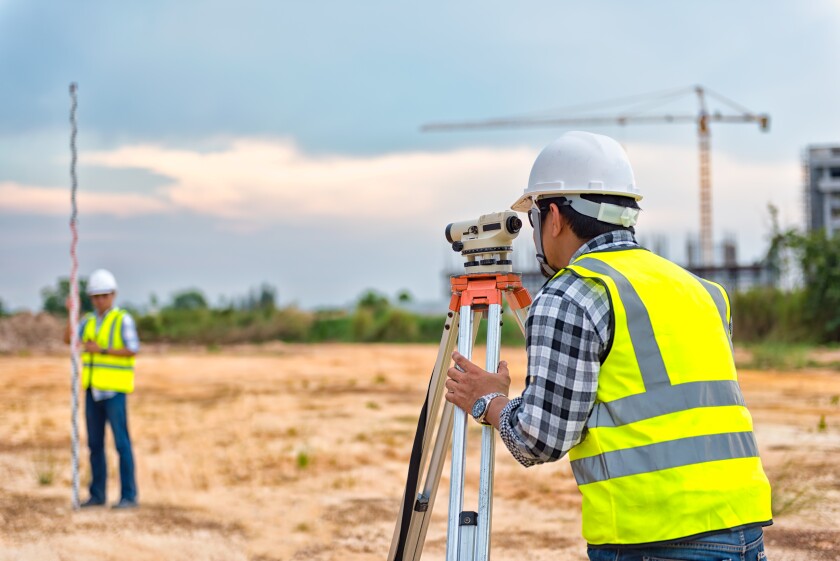As legislators, we both seek to create new opportunities for hard-working families and help the Land of Lincoln get ahead. And as two certified public accountants, we know our profession plays a vital role in upholding the integrity of our country’s financial system. This is why we both believe that rigorous licensing for professions with high public impact like ours is critical to the public’s physical and financial well-being.
Across the country, lawmakers are looking for ways to boost state economies and ease the pressures of inflation. Overly broad licensing “reform” has emerged as a popular proposal, with special-interest groups casting it as a silver bullet to solve statewide workforce and economic development challenges. These bills aim to weaken, and sometimes outright eliminate, licensing requirements across state lines. Some of these lowlights would make it possible for almost anyone to enter into a state practice, regardless of whether they meet minimum professional qualifications. Other proposals relating to licensing include so-called “consumer beware” bills that would leave costly litigation and bad customer reviews as the only options for redress after harm has occurred.
These misguided proposals jeopardize the public and disadvantage hardworking professionals, especially those who have served the public well for decades and whose qualifications will be effectively nullified if passed into law. There is a much better way to approach licensing reform.
Through our work in the Illinois General Assembly, we have played a role in crafting and passing licensing reform. Licensure is complex, and if led down the wrong path, even well-intended elected officials can cause more harm than good. Poorly conceived licensing bills threaten existing systems that work and serve the public and the business community well.
The truth is that many licensure models already address the most common concerns around licensure, including mobility, minimum qualifications, examination and military spousal relocation.
Like other states, Illinois has embarked on a heightened review of occupational and professional licensing. As is often the case with complex legislation, the devil lives in the details — or lack thereof.
Unlike some proposals under consideration in our region of the country, Illinois’ laws do not diminish rigorous qualifications for highly complex, technical professions such as certified public accounting, engineering, architecture, surveying and landscape architecture.
In one extreme case, another state’s proposed law would have eliminated the ability to change examination requirements to reflect changes in codes, standards and the evolution of the profession. Other proposals would damage existing models that have served residents of those states well.
Fortunately, Illinois chose a different route. Our laws carefully identified and lowered barriers in licensing systems for specific occupations that could either prevent or make it difficult for re-entry and low-wage workers.
In 2021, for example, we both voted in favor of H.B. 5576, a “sunset review” bill enacted to require Illinois to collect data on all licensed professions and occupations and determine whether those requirements should be modified. It should be viewed as a framework for the nation on how state policymakers can eschew burdensome legislation to introduce balanced, rational and methodical approaches to reform the regulatory process.
Bills such as H.B. 5576 do not diminish the need for occupational and professional licensing, but they do relay a clear statement that a broad-brush, one-size-fits-all approach to reform is not in the best interest of the public or licensed professionals.
Unfortunately, we must acknowledge the trend of other states that are heading down the wrong path and avoiding common-sense solutions. We caution lawmakers to not rush down a path, paved by hardliners whose flawed proposals create new problems for constituents and do not take into account the public perception of licensure as necessary and beneficial. Public opinion data shows us that voters, regardless of gender, race, income or job role, recognize the value of uniform licensing requirements for professions like ours with high public impact.
Constituents are best served through smart policy that leads to meaningful improvements in licensing systems that benefit licensed professionals and the public we all serve. Despite our differences, we are united to convey how important it is for lawmakers to get licensing reform right and look toward proven models that have served the public well.
Amy Elik is a Republican member of the Illinois House of Representatives. Natalie Manley is a Democratic member of the Illinois House. Both are certified public accountants.
Governing's opinion columns reflect the views of their authors and not necessarily those of Governing's editors or management.
Related Content












